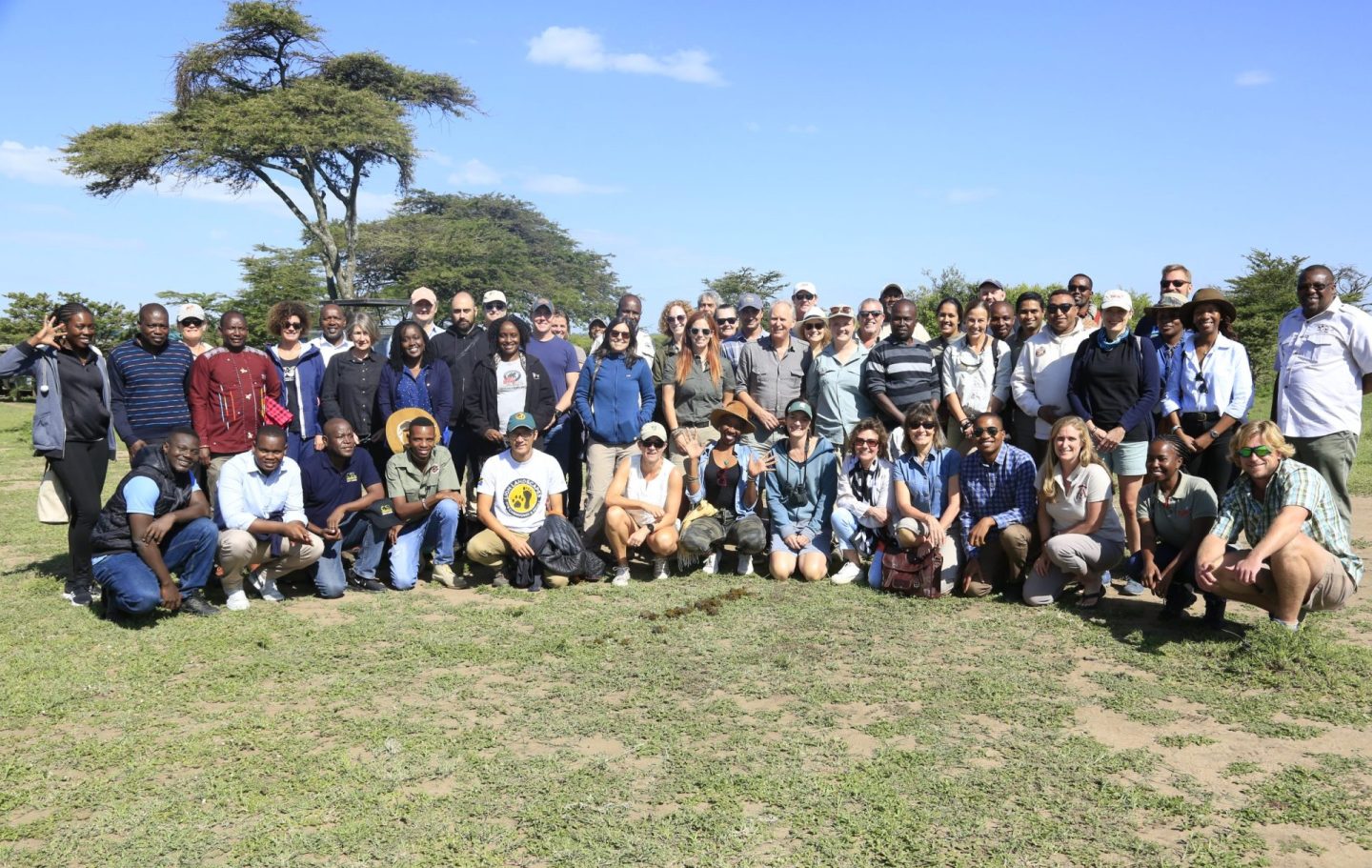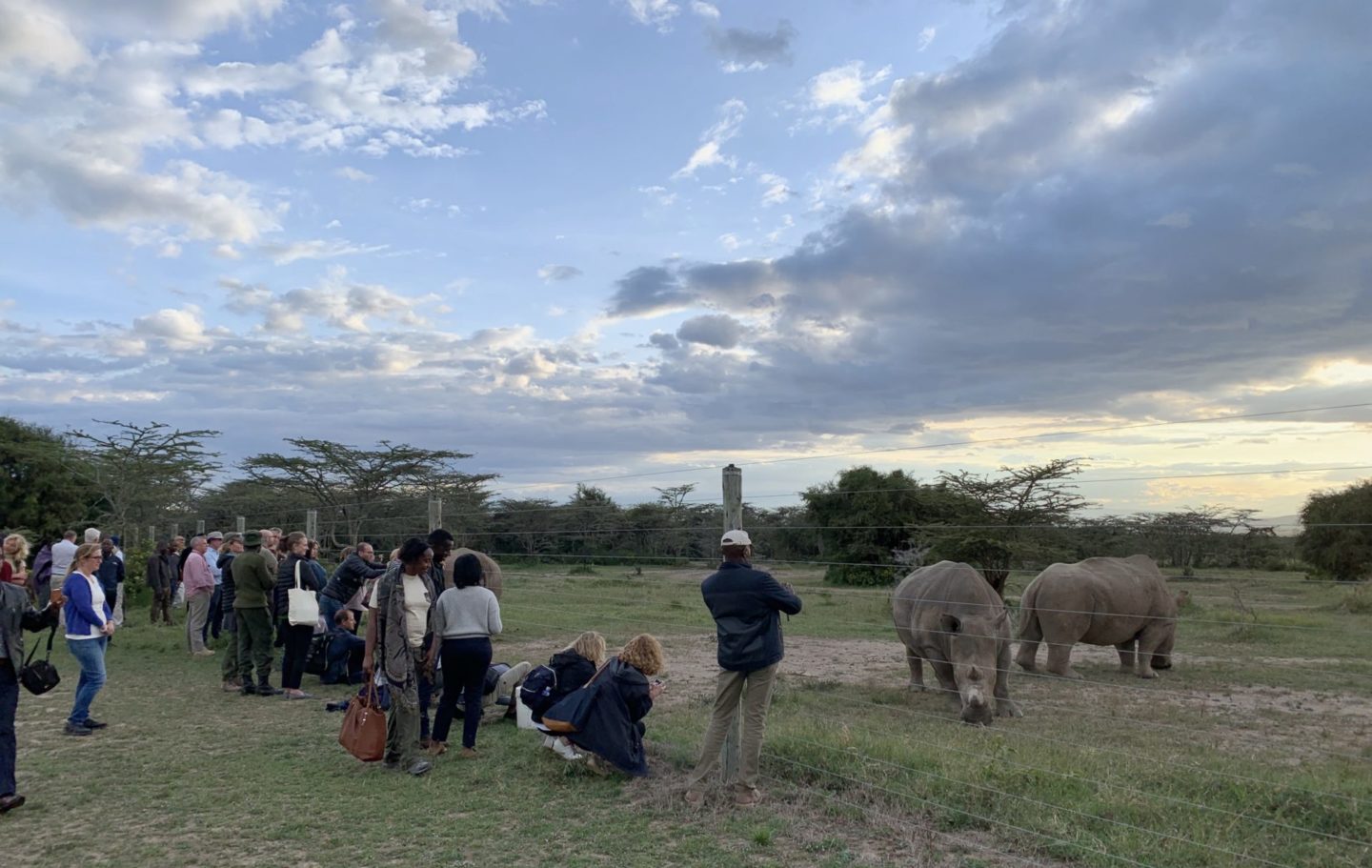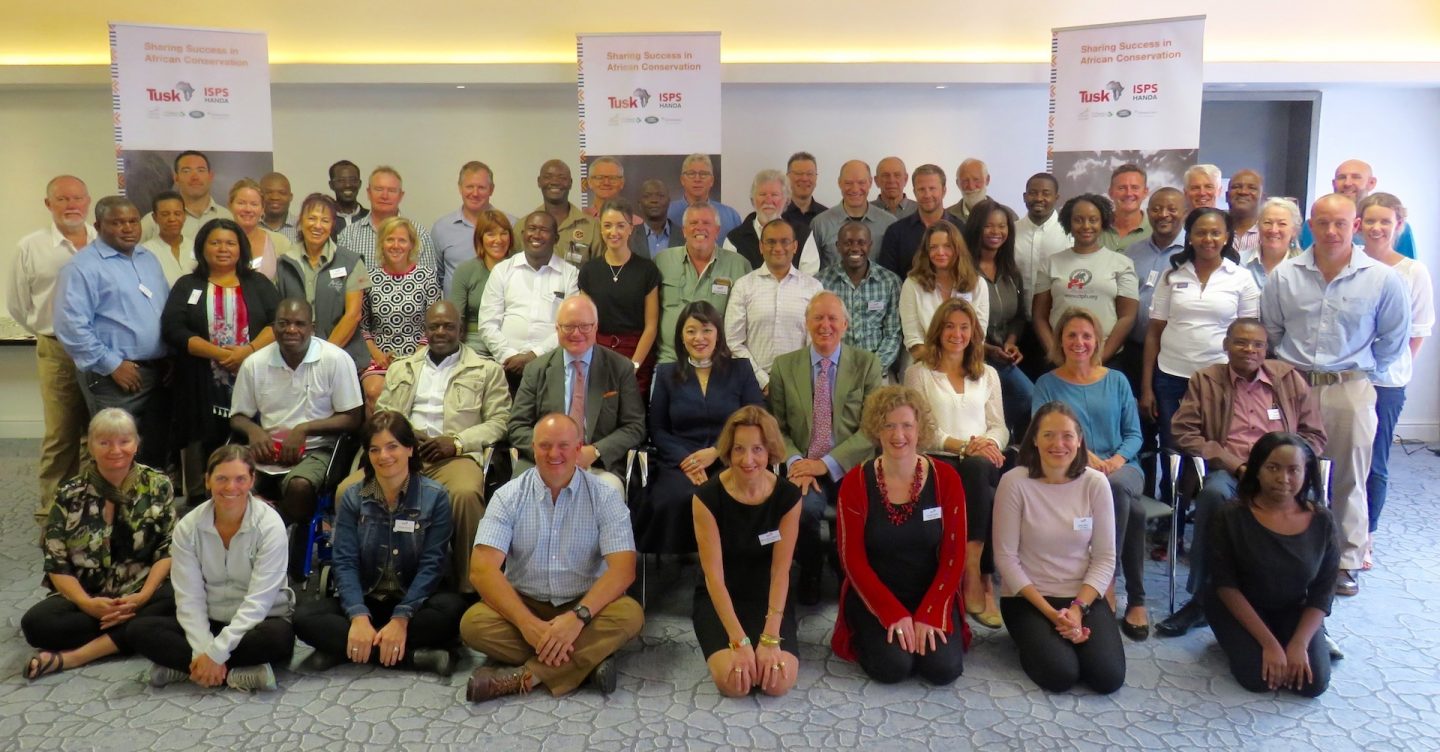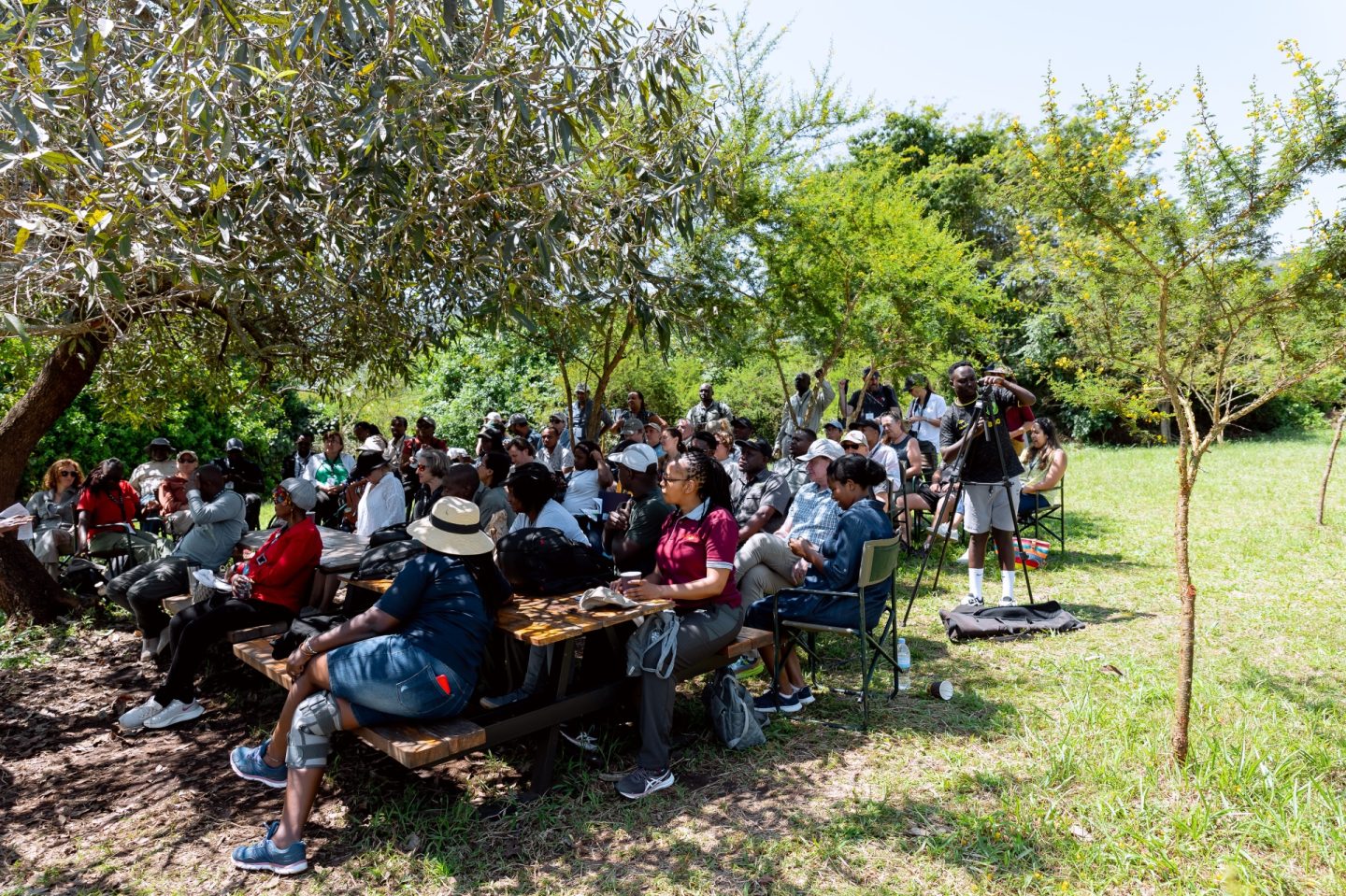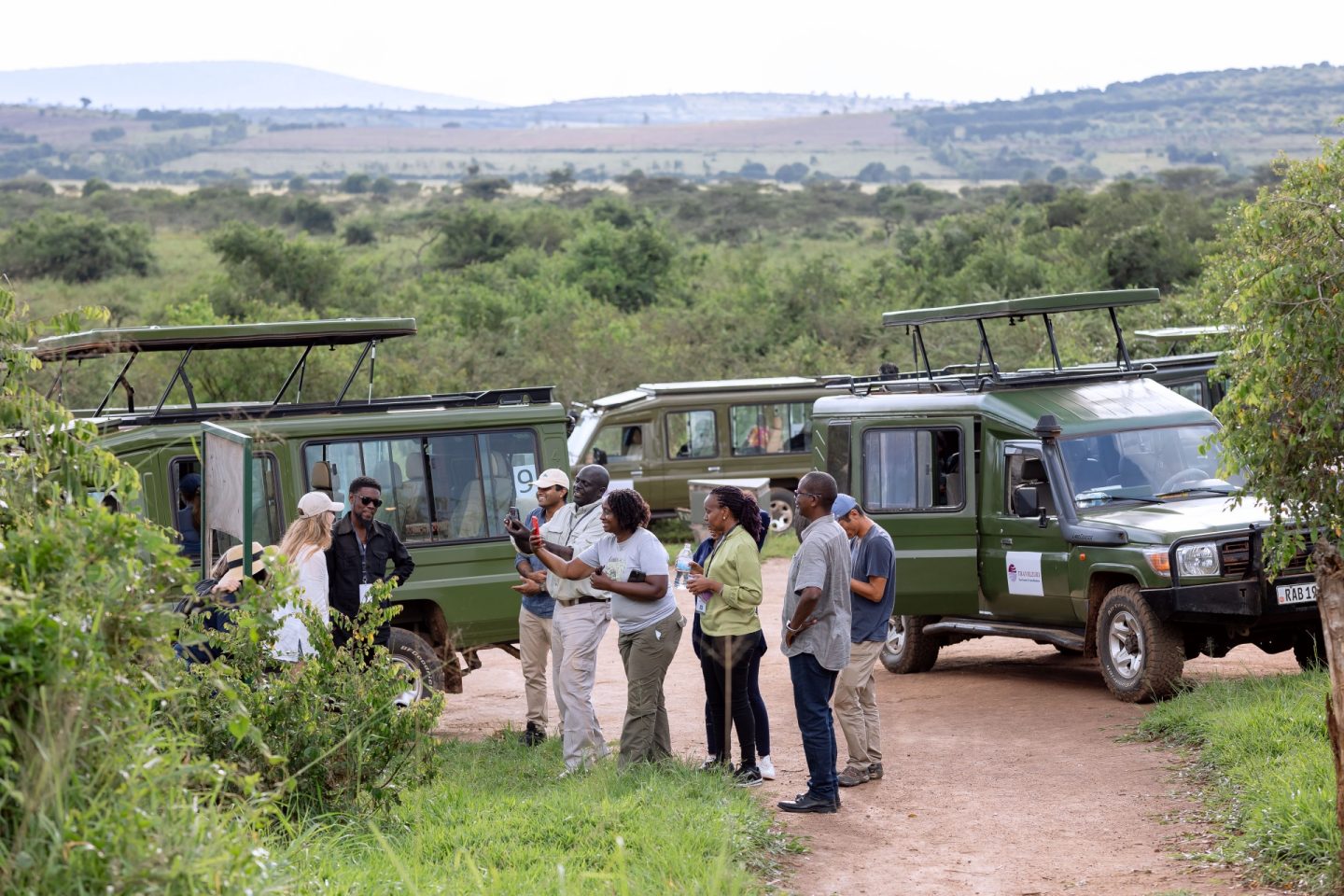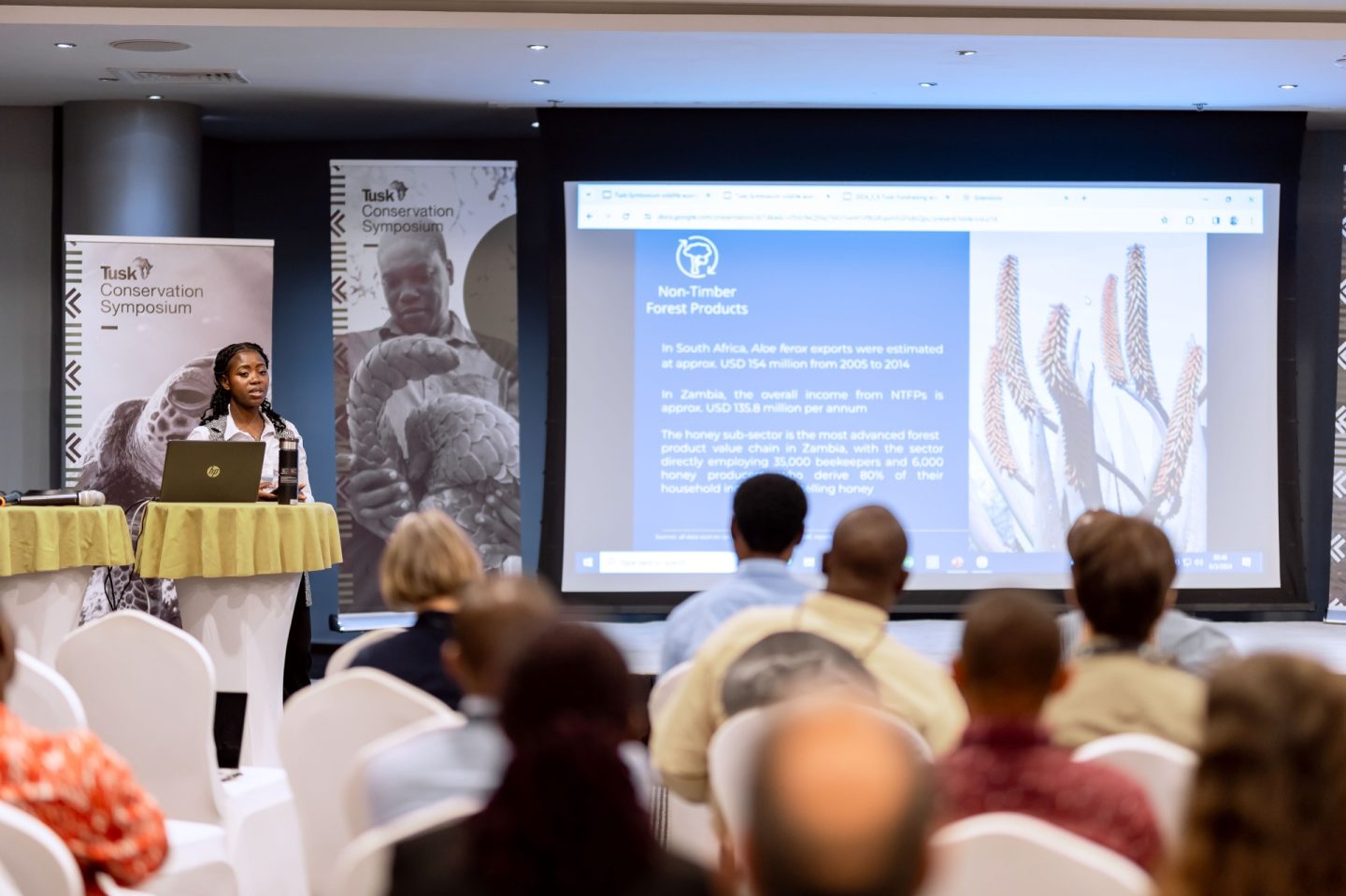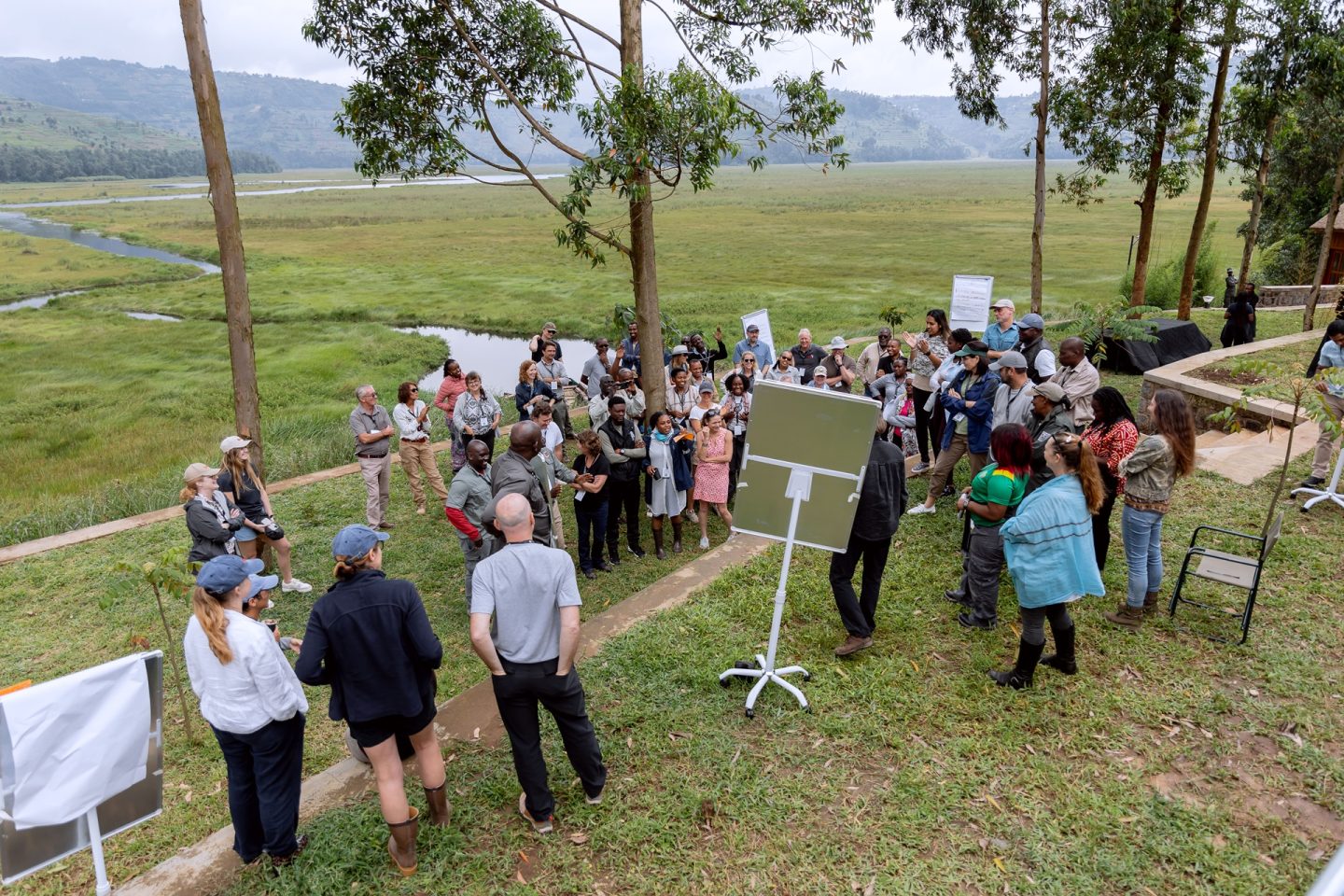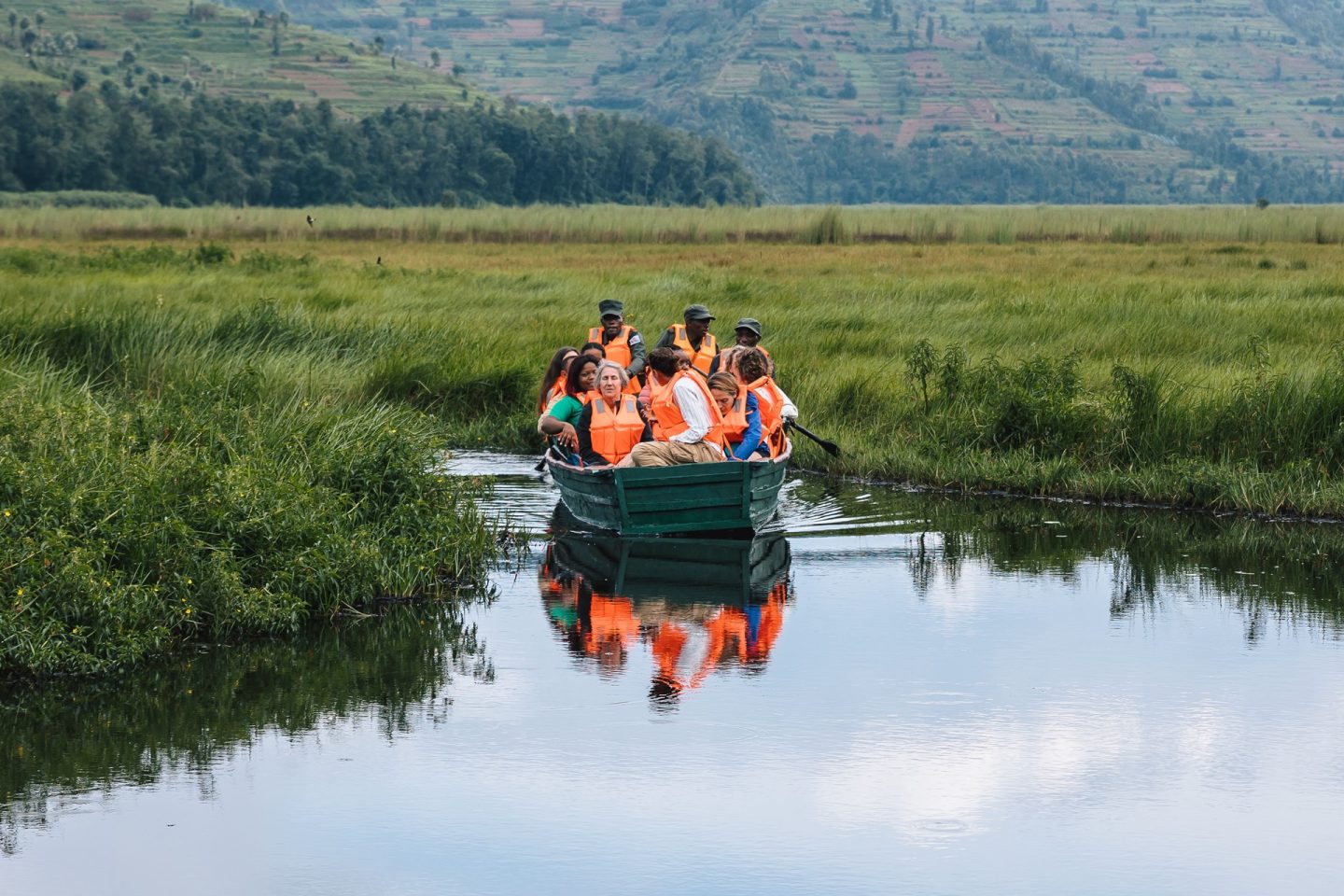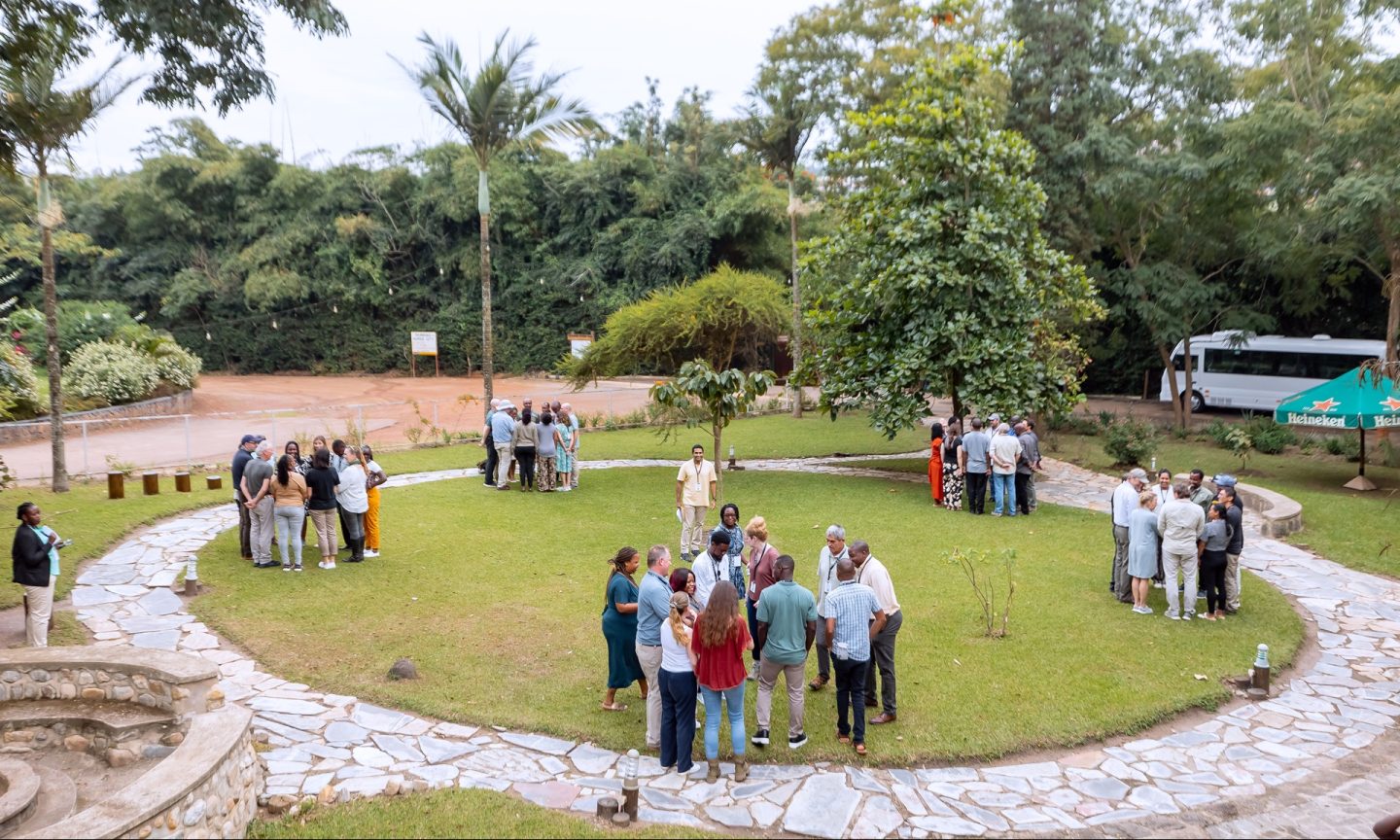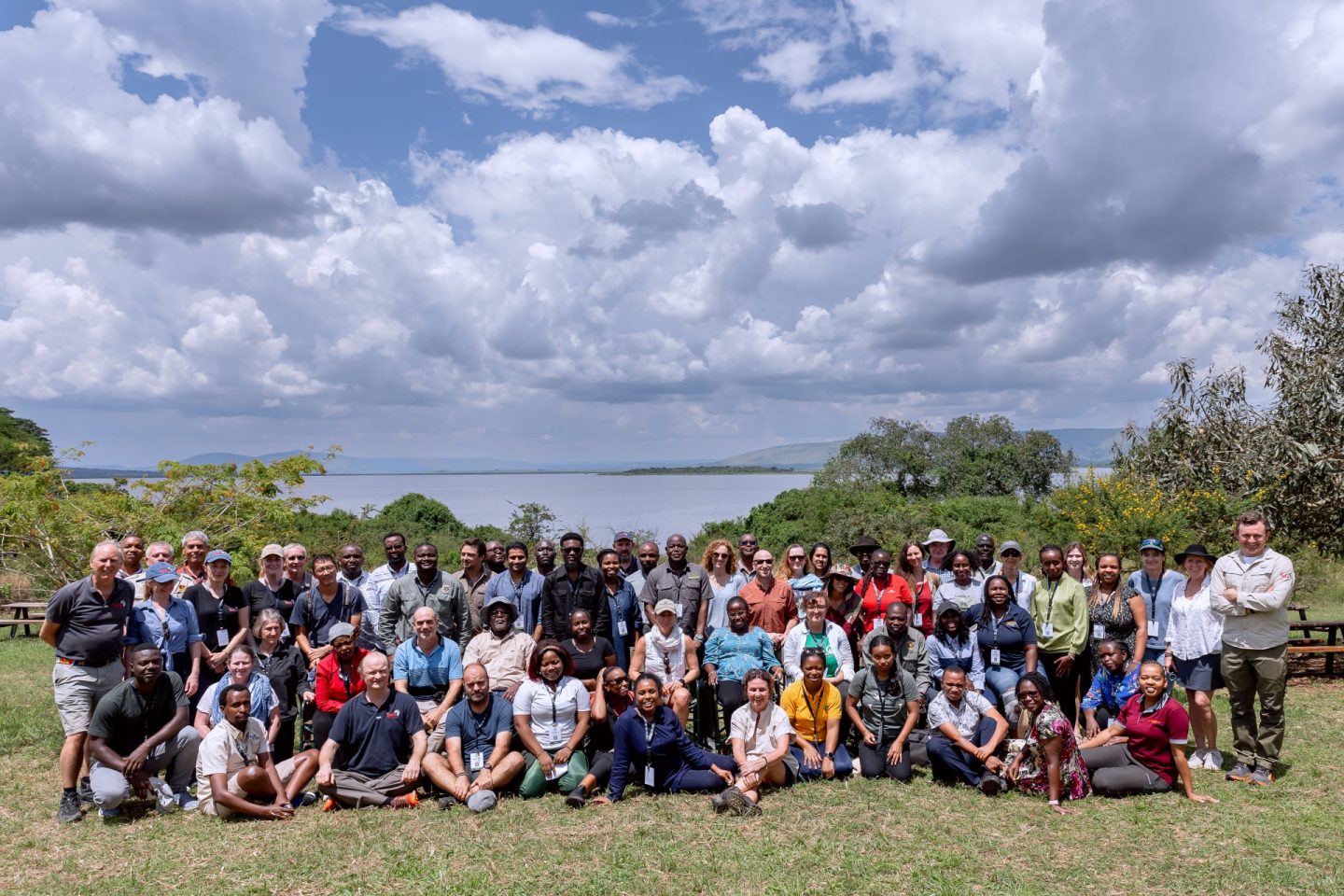
The previous three Tusk Symposia focused on collaboration, sharing success and building resilience. Whilst these three goals remain the underlying purpose of the Tusk Conservation Symposium, the main focus this year was on “Evolution in African Conservation”.
We were honoured to hold this year’s symposium in Rwanda, kindly hosted by Olivier Nsengimana, Founder and Executive Director of Rwanda Wildlife Conservation Association. Workshops focused on several key topics, including community-driven conservation, wildlife conservation economies, fundraising and communication strategies for engaging with funders, and succession planning.
Thank you for all the effort in organising the symposium, for the great coordination. I feel incredibly grateful, inspired and encouraged.
Mercy Waithira, SORALO.
Throughout the week, delegates were able to share their extraordinary knowledge, collective experiences – both positive and negative – and feedback on vital collaborations that stemmed from the last Tusk Conservation Symposium, which took place in Kenya’s Maasai Mara in 2022.
Based on the feedback from previous symposia, we knew that our project partners were interested in hearing from governments about their relationships with NGOs and how to position the environment and conservation as a top priority. The presentation by the Rwandan Development Board (RDB) was therefore an invaluable part of the symposium and a highlight for many delegates. The RDB is an amalgamation of eight different agencies which form a “one-stop centre” for businesses and investments to help accelerate Rwanda’s economy, through private sector growth, including the integration of tourism and conservation.
I did not know what to expect and was blown away by the Tusk team, the ability and willingness of everyone to network. The talks and workshops were really good and extremely helpful. Thank you all.
Alistair Sinclair, VulPro.
To encourage ongoing collaboration beyond the symposium, the opportunity to submit funding proposals was given to all attending delegates to enable them to continue to share knowledge through exchanges of personnel. We look forward to reviewing the 29 proposals submitted and granting funds for further collaboration and the chance for our project partners to travel and see each other’s work.
We are incredibly grateful to all our project partners who took the time to join us in Rwanda and for their continued collaboration, partnership and friendship. We would like to acknowledge Mantis for kindly hosting us for the second half of the Tusk Conservation Symposium, and to again thank the Nick Maughan Foundation and JRS Biodiversity Foundation for their generous sponsorship, which made the symposium possible.
It’s been a privilege to be amongst accomplished men and women in direct species protection, community engagement and alternative livelihood programs. The session on wildlife economics opened my eyes to the possibilities out there, how committees can effectively and efficiently organize themselves into business and harness the opportunities around them, we as the NGO have a role to play to facilitate these initiatives.
David Kuvawoga, Painted Dog Conservation.

